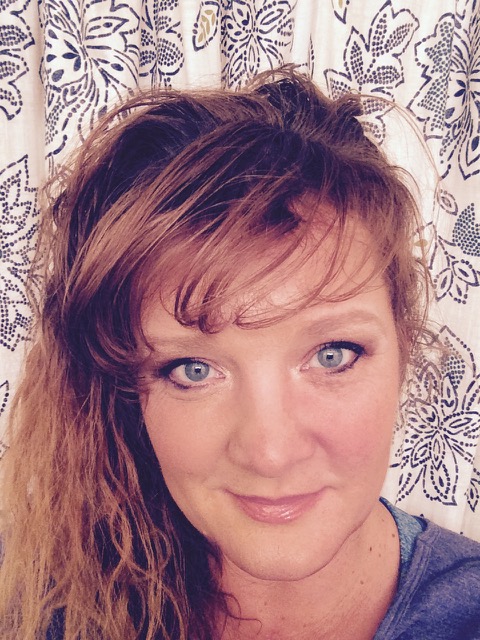Broadcasting: 'Best Game in Town'
The professional video industry's #1 source for news, trends and product and tech information. Sign up below.
You are now subscribed
Your newsletter sign-up was successful
The broadcast industry is addressing its supporters and critics with a renewed focus, one that includes a newly united front, a more cohesive leadership team and a fiercely determined motivation to champion the interests of over-the-air radio and television broadcasting.
That was the overarching message from NAB President and CEO Gordon Smith at the State of the Broadcast Industry address at the 2011 NAB Show, where he also welcomed CBS President and CEO Leslie Moonves to the stage.
"The state of the broadcast industry is looking better than it has in two decades," said Gordon to the hundreds of attendees sitting in on the session "Spotlight on Broadcasting: Change, Challenge and Opportunity."
'MIRACLE TECHNOLOGY'
Directly addressing the long-standing assertion that the industry is a "slow-moving dinosaur operating with an outdated technology," Gordon said that in truth the broadcast industry is in an enviable position of having a "miracle technology": a wireless technology that provides radio programming and TV programming for free.
And it does so with a one-two punch, offering a mix of local news, weather and award-winning programming that reaches many viewers with one stream, all with an unmatched focus on public service.
But there are convergent threats to that long-standing mission.
"We are worried about government that's in a rush or is overreaching [its authority]," Gordon said, referring to the ongoing campaigns against spectrum reallocation for the National Broadband Plan.
"It concerns us that the FCC could force us to [relinquish more spectrum], which would reduce coverage, increase interference and degrade stations' signals," he said. Wireless companies looking for additional spectrum must make internal investments that would improve their capacity crunch, instead of asking for more spectrum from broadcasters. "Before anything is done, an inventory should be done on what spectrum is already out there," he said. "That's the best way to meet America's spectrum needs.
"Why should a family in Kentucky have their signal degraded so an urbanite can have a faster download on his iPad?" he said. "No application comes close to providing what broadcasters contribute to local communities.
The future must include broadcast and broadband without degrading either," he said.
MORE IN COMMON THAN APART
Gordon praised the victory the radio industry won with the dismissal of the proposed radio performance tax, and stressed the importance of equitable compensation for broadcasters from cable operators in the form of retransmission consent.
"Every day we are making a positive difference, station by station," he said. "Broadcasting keeps citizens connected to their communities. The enduring value of broadcasting isn't something policymakers should take lightly."
Gordon then turned the discussion to one of broadcasting's biggest cheerleaders, CBS' Leslie Moonves, who laid out his reasons for saying that "broadcasting is the best game in town."
"Nowhere else can you reach the masses," he said. "We provide so much to America."
That's not to say that the industry hasn't had a tough time. CBS has 28 television stations and 122 radio stations under its umbrella, and both markets have hit a rough patch over the past few years.
The network has also suffered through a well-publicized disconnect "between what the stations wanted and what the network wanted," Moonves said. "It might have looked trivial, but there was a big rift between what our goals were."
Difficulties arose with the NAB organization as well, moving CBS to pull out of the organization in 2001 over policy disputes.
There was a realization, however, that NAB and CBS had more in common than apart, and Moonves said CBS would be a stronger organization with the NAB's support as broadcasting in general continues to fight policy battles on Capitol Hill. CBS rejoined NAB in 2010.
"We came back because I thought, 'this is the guy [Smith] who I want to follow into battle,'" Moonves said.
Moonves also had strong words for the FCC on the spectrum allocation issue. "As long as [spectrum reallocation] remains voluntary, that's fine. Because we're not going to volunteer," he said.
He also discussed CBS' ongoing conversations with its affiliates over reverse compensation and the renewed focus on local initiative. © 2011 NAB
The professional video industry's #1 source for news, trends and product and tech information. Sign up below.
Susan Ashworth is the former editor of TV Technology. In addition to her work covering the broadcast television industry, she has served as editor of two housing finance magazines and written about topics as varied as education, radio, chess, music and sports. Outside of her life as a writer, she recently served as president of a local nonprofit organization supporting girls in baseball.

